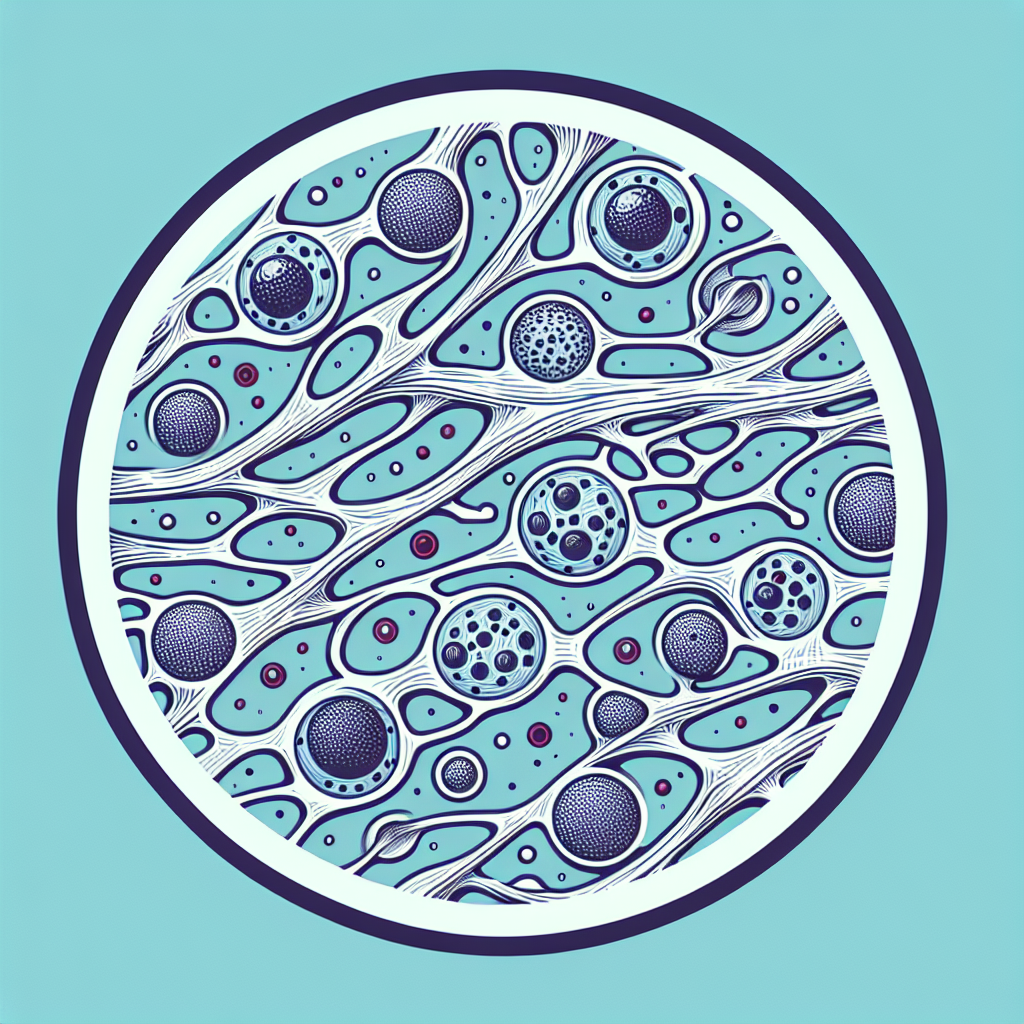Unraveling the Mystery of 'Zombie' Blood Vessels in Long-COVID
Researchers are exploring the role of 'zombie-like' endothelial cells in long-COVID and ME/CFS. These cells, driven into senescence by viruses, may contribute to symptoms by thickening blood and triggering immune evasion. Understanding this could lead to new diagnostic and therapeutic approaches.

In a groundbreaking study, scientists are delving into the role of 'zombie-like' endothelial cells in the development of long-COVID and myalgic encephalomyelitis/chronic fatigue syndrome (ME/CFS). Situated in blood vessels, these cells appear to enter a state of senescence due to viral infections like COVID-19, significantly influencing disease pathology.
The researchers hypothesize that these senescent cells contribute to a variety of persisting symptoms by triggering pathogenic processes such as microclot formation and immune system dysregulation. These conditions manifest as chronic fatigue, brain fog, and other complications as blood thickens, circulation slows, and inflammation is exacerbated.
Exploring these 'zombie' cells could pave the way for novel clinical tools and therapies aimed at diagnosing and mitigating the impacts of long-COVID and ME/CFS. The team's efforts include investigating cellular aging in blood vessels and testing non-invasive methods to detect these changes, seeking to directly target senescent cells and alleviate the disease burden.
(With inputs from agencies.)










